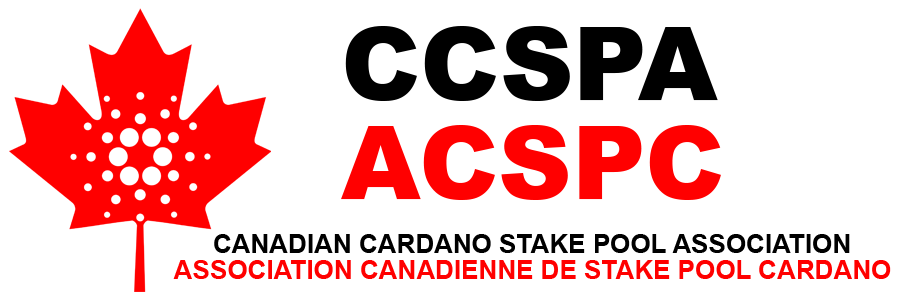Each member’s pool configuration is peer reviewed via the rest of the CCSPA members to verify and increase the security of their pool and procedures. Since each pool has a unique configuration, every peer review session may also improve the rest of the members’ procedures in ways not previously considered.
Members that display the best practices badge have gone through the peer review process and were approved by the majority of fellow CCSPA members.

Peer Review Process
When a member would like to be peer reviewed, CCSPA members gather in a voice chat to review the configuration and practices followed by that member. During this time, members can ask questions about their configuration and suggest changes if required. If majority agrees and can’t think of any scenarios or changes that may be required, the member is approved and verified to be following CCSPA’s best practices.
Our Best Practices
Security
Firewall Rules
If ssh access is required from outside of the node’s network, there must be firewall rules to whitelist trusted network(s) from which you connect from and block all other ssh traffic. The block producing node must whitelist its relay nodes and block all other cardano-node traffic. This is not necessary for block producing nodes that are not connected to the internet.
SSH Security
If ssh is enabled on your nodes, along with the appropriate firewall rules, the node must use an ssh key that is encrypted with a secure password and password based authentication must be disabled.
Private Keys
Private keys must be stored offline and not on any of your stake pool nodes. It is heavily recommended to encrypt your private keys and to have at minimum two separate backups of all your private keys. Creating transactions with private keys must be done from a machine that has no internet access and should be protected with a login password.
Performance
Monitoring
It is recommended to install a monitoring tool for your stake pool nodes to ensure the stability and uptime of your nodes.
Available monitoring tools:
KES Rotation
KES keys must be updated no later than 10 periods prior to expiry in order to ensure the continuation of block production.
Relay Topology
Each relay must:
- Connect to its block producer via IP address and not dns
- Contain at least 10 unique remote connections
It is recommended that each node:
- Contains CCSPA relays
- Uses the static IP address of CCSPA relays rather than DNS to prevent possible downtime due to DNS failure
Node Separation
Each stake pool node must run on a separate machine or virtual instance with a unique IP address.
NTP
If the block producing node is not connected to the internet, ntp must be configured to ensure the production of blocks.
Approved Members
The following members have gone through the peer review process and were approved by fellow CCSPA members.
- Kelowna Staking [KLWNA]
- Rocky Mountain Staking [ROCKY]
- Cardano Canucks [CANUK, CNUK2, CNUK3]
- Beaver Pool [BEAVR]
- ArmADA Stake Pool [ARM1]
- HOLA Cardano Stake Pool [HOLA]
- Sprout Pool [SPRO]
- CanadaStakes [CAN1]
- A3C Cardano Pool [A3C]
